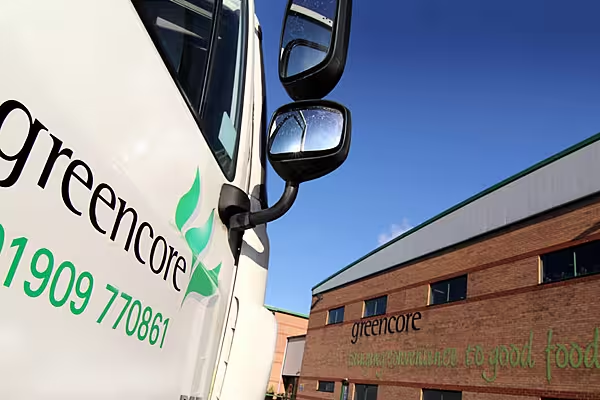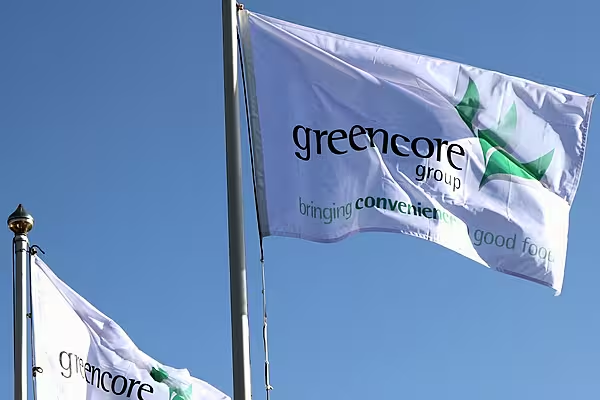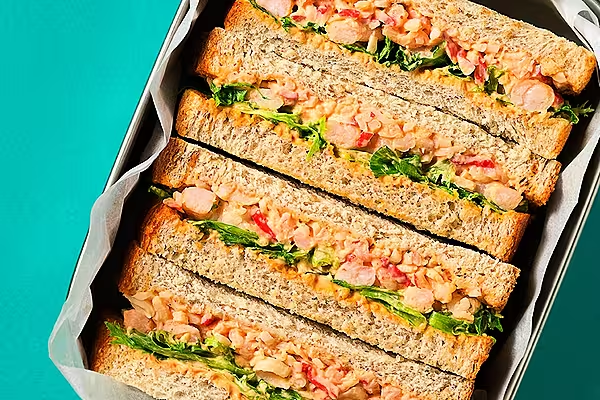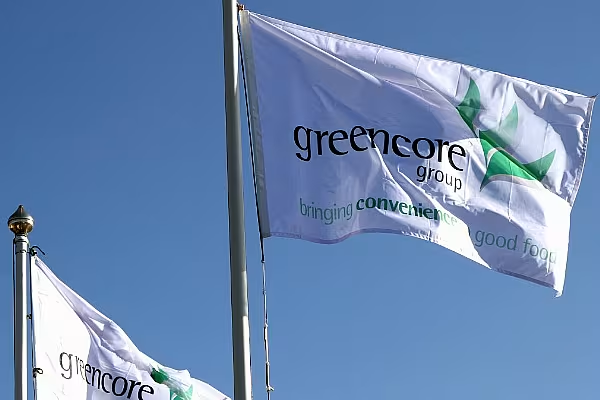The announcement that convenience foods business Greencore is to sell its interests in its molasses trading business is likely to go largely unnoticed by most shareholders – after all, analysts have long considered this aspect of business to be a non-core asset.
But for those familiar with the story of Greencore, the sale is particularly notable, as it sheds its operations of the last vestige of its origins on the island of Ireland.
Irish Sugar
Greencore's origins can be tracked back to the start of the 1990s, well before the fabled 'Celtic Tiger' years, when the then-Agriculture Minister Michael O’Kennedy put in place the Sugar Act, privatising Irish Sugar, an enterprise that played a crucial role in the development of Ireland's enterprise sector.
When Irish Sugar was privatised in 1991, forming a new entity, Greencore Group plc, its plants in Carlow and Mallow employed 1,000 people, while its chief product, Siúcra, was one of Ireland’s best-known domestic brands.
At the time, Irish Sugar was a key employer for rural Ireland, particularly in the South-East and Cork.
Two years later, in 1993, as the government was mulling over the sale of its stake in the newly formed Greencore, Senator John Farrelly voiced concern, warning that the sale of the shares should not be considered merely “because of inadequate budgeting on the part of the Minister for Finance”.
As he put it, succinctly, this could be “only the beginning of what is to come”.
As Greencore commenced its acquisition hunt in the UK during the late nineties and noughties, a process that would lead it to become one of the biggest convenience-food operations in the world, questions continued to be raised about the future of its domestic sugar operation, particularly in the light of rumoured EU sugar regulations coming down the line.
These regulations were made flesh in 2005, as European leaders announced significant price reductions for growers and processors in a bid to streamline the industry.
Greencore closed its Carlow sugar plant that year, but fears over the future of the industry were allayed slightly by the fact that the company was upping its investment in Mallow, spending €25 million on upgrading its facilities there. But by the time summer 2006 rolled around, Mallow was gone too.
What had been one of the cornerstones of the Irish agri-food industry two decades previously was now going out with a whimper.
Change Of Focus
In the years that followed, Greencore continued its retreat away from ingredients production, to concentrate instead on its burgeoning sandwich and ready-meal business. It sold its 50% stake in joint venture SugarPartners to Germany's Nordzucker in 2009, taking the longstanding Irish brand Siucra under German ownership.
As to whether the Irish sugar industry could 'rise again' from the ashes, Greencore chief executive Patrick Coveney poured cold water over such suggestions back in 2011, saying “It comes back to one simple reality: beet-growing in Ireland remains uncompetitive on an international basis.”
Since then, the lifting of EU quotas has meant that sugar production is once again taking place in Ireland, with significant investment put behind it, however a global sugar surplus has limited the profit-making potential from the sector, at least in recent years.
Non-Core Asset
And so to the present day, and Greencore's decision to sell its molasses business – the last remaining fragment of the former Irish Sugar operation, which was originally founded in 1926.
As analyst Darren Shirley of Shore Capital noted, the molasses operation is an 'activity that in the scope of Greencore’s overall strategy can be considered non-core to the Group's main activity focus, albeit a vestige of the company's origins on the Emerald Isle'.
The new owners, United Molasses Marketing (Ireland) Limited and United Molasses Marketing Limited, are established firms in the distribution of animal feed, while the amount paid, £15.6 million, will help steady Greencore's ship in what has been an unprecedented year.
In the grander scheme of things, few at the London-listed company are likely to miss the molasses business; after all, the group has far bigger fish to fry in terms of getting back on track in a post-COVID world.
But for those that remember the halcyon days of Cómhlucht Siúicre Éireann (or, the Irish Sugar Company, to give it its Anglicised title), it's perhaps worth of a moment of solemn reflection.
© 2020 European Supermarket Magazine – your source for the latest retail news. Article by Stephen Wynne-Jones. Click subscribe to sign up to ESM: The European Supermarket Magazine.














